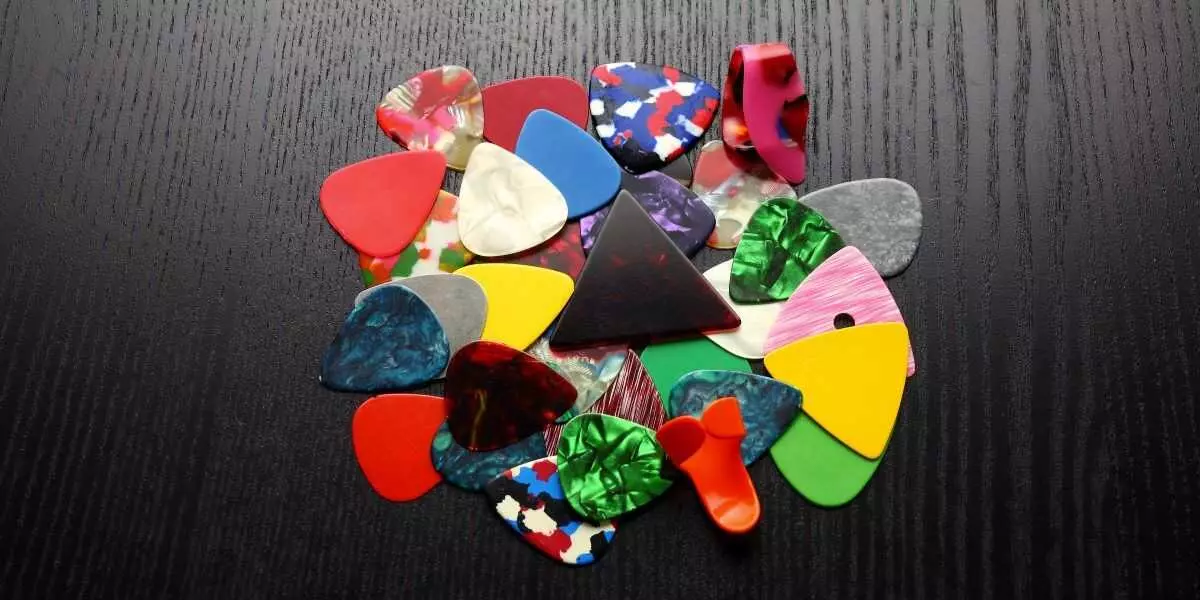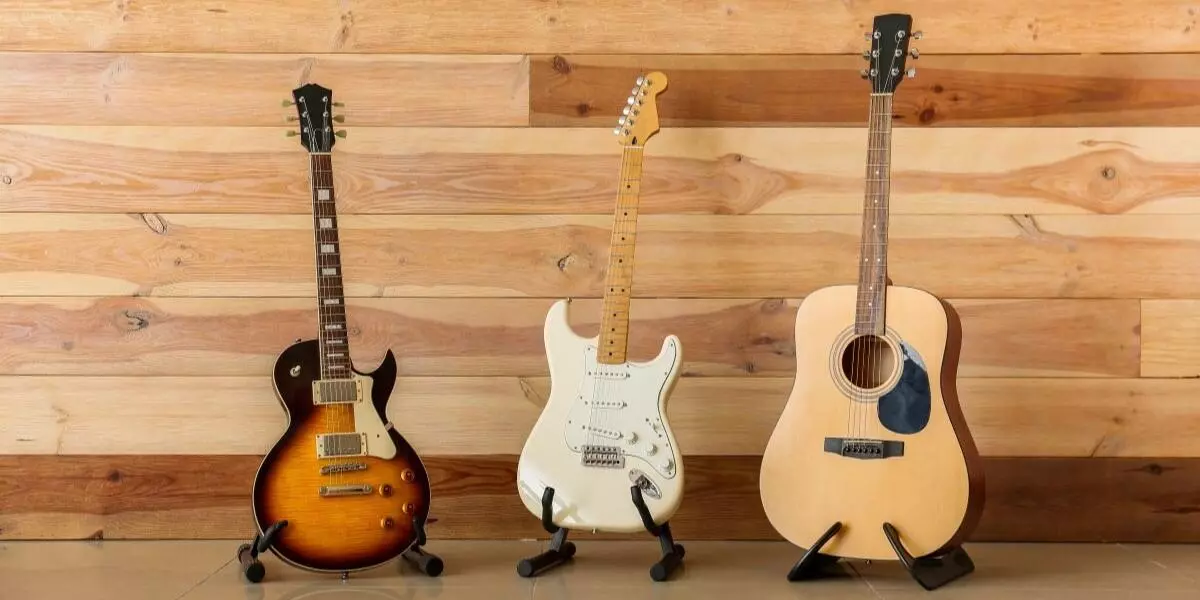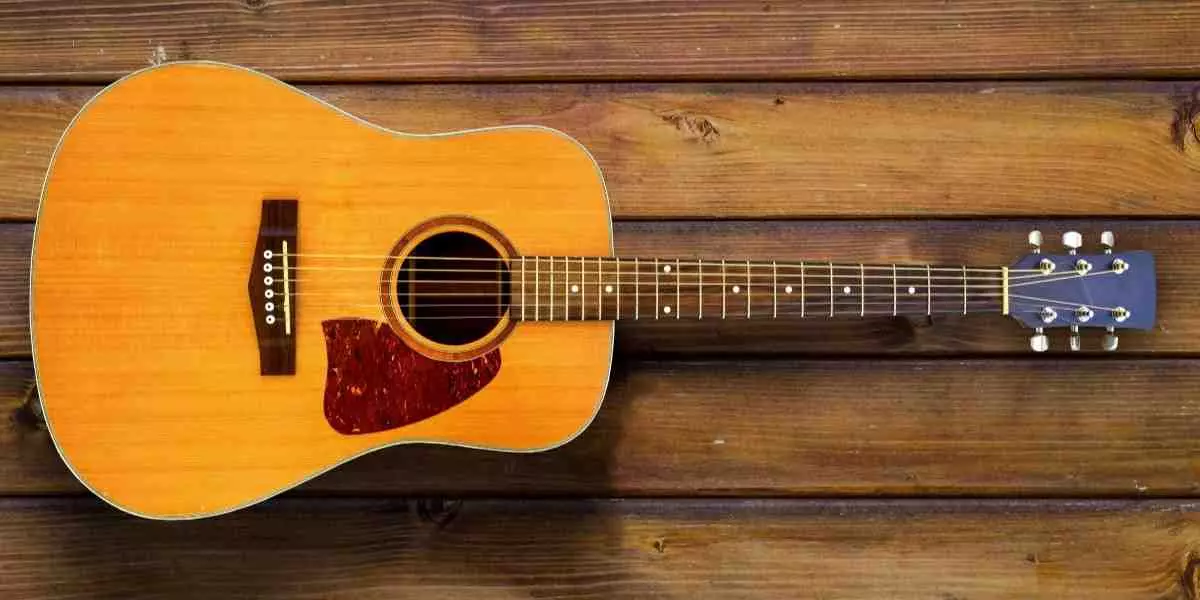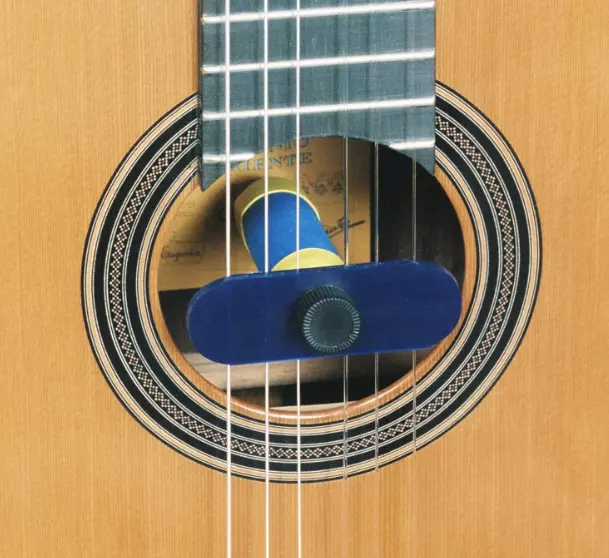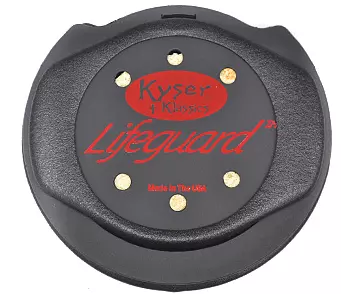Guitar Care Guide
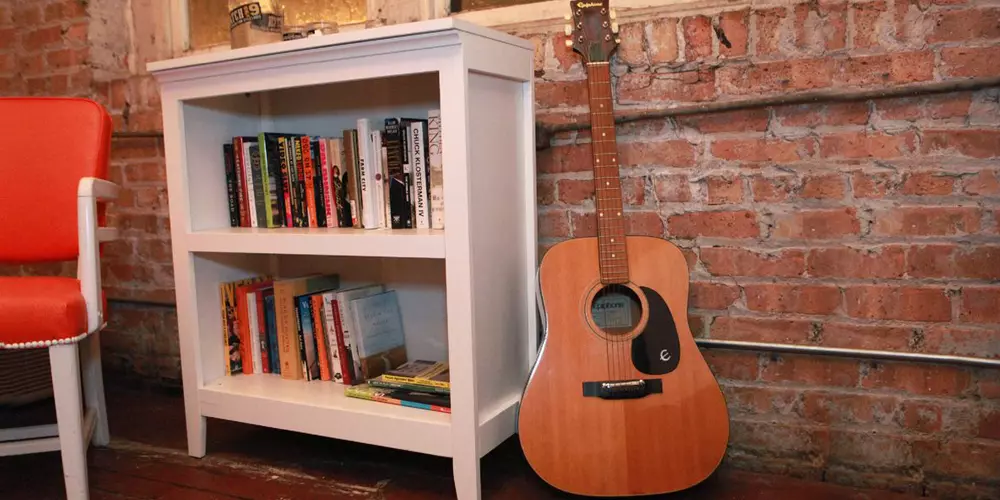
Setups and Adjustment
Guitars require adjustments on a regular basis to maintain proper playability and performance. A guitar setup is a complete adjustment and calibration of the entire instrument to ensure that it is as playable and as responsive as possible. A setup also includes some basic preventative maintenance and a thorough inspection.
Most players find that their guitar requires a setup once or twice per year to keep it performing properly. Common issues which develop over time, such as fret-buzz, high action, poor intonation and tuning, are all addressed in a setup. Depending on the instrument and the demands of the player, you may have your guitar set up more or less frequently. It is recommended that you have your guitar set up at least once per year to avoid potentially permanent damage. A setup is also an opportunity to optimise your guitar for a new string gauge or an alternate tuning. Such changes affect the tension on the guitar and usually require a full setup.
Let’s not forget that the most important part of owning a guitar is to play as often as possible! Your guitar is happiest when it’s in your hands making music.
Long and McQuade will help you navigate the vast range of digital tuners, capos, slides, straps and instructional books available to make learning easier and open up new musical possibilities. Whether you are signing up for your first lesson or need help selecting the right strings for an alternate tuning, we are here to help you get the most out of your guitar.
A Typical Setup
A complete inspection of the instrument, including:
- Restring
- Clean and hydrate fingerboard
- Tighten, adjust and lubricate hardware
- Adjust truss rod
- Adjust tremolo-bridge setting
- Adjust string height at bridge and nut
- Adjust intonation
- Clean and lubricate electronics
- Adjust pickup balance
- Tune and check playability
- Care and Maintenance
Proper care and maintenance of your guitar will help maintain consistent playability and offer protection from potential damage over time. Regular adjustment and proper storage will assure that you get the best performance out of your guitar every time you play and for years to come.
We also carry a wide range of guitar parts to help you maintain your guitar or even upgrade components to fully customize and truly make it your own.
Handling and Storage
A guitar is a delicate instrument and must be treated with care in order to prevent structural or cosmetic damage. You should always handle your guitar with extreme care; guitars can be easily damaged from impact or rough handling, even when inside of a case. Never store your guitar near a heater or in direct sunlight, and never leave your guitar outside or in the trunk of a car, especially during extreme heat or cold.
Strings
Guitar strings need to be changed regularly. Some people change their strings every few days, others only a few times per year. There are many varieties of string, which can affect the tone and feel of your guitar in different ways. When buying strings for the first time, be sure to consult with a salesperson to make sure you get the right strings for your purposes.
Humidity
Wood is hygroscopic, which means it will release or absorb moisture into the air around it, causing it to shrink or swell. Prior to a guitar's construction, the wood is dried and seasoned to achieve stable moisture content. After construction, the wood in the guitar will continue to release or absorb moisture depending on the humidity in the air around it. If the guitar is exposed to a dry environment, it will begin to release moisture into the air, causing the wood to shrink. If it is exposed to a humid environment the wood will absorb moisture from the air and begin to swell. These changes have implications for the playability and longevity of the guitar. The ideal conditions for your guitar (and your violin, cello or piano) are between 18°C - 24°C and between 45% - 55% relative humidity. These conditions are the same as those in the factory workshop where the guitar was built. Keeping the guitar within this range will ensure that the wood will not release or absorb moisture, and help avoid potential trouble.
Effects of Humidity Change
High humidity can cause acoustic guitar tops to swell, resulting in uncomfortably high action; a setup can usually address such issues. Extremely high humidity can cause glue joints to release, and finishes to distort or peel. High humidity can also cause necks to warp or twist, and metals components to rust and corrode prematurely.
Low humidity may cause sharp fret ends to protrude past the edge of the fingerboard as it shrinks. Acoustic guitar tops will begin to shrink inwards, resulting in low action and fret-buzz. Prolonged exposure to a dry environment will lead to warped necks and loose frets. Severe dryness will cause cracks to form and glue joints to release as the wood shrinks.
Controlling Humidity
We strongly recommend the use of a hygrometer to monitor the temperature and humidity level to which your guitar is being exposed. A small digital hygrometer is inexpensive and will allow you to evaluate if you are exposing your guitar to harmful conditions. Just about everyone who owns a guitar in Canada will find they have to take special precautions in the winter to combat low humidity.
The most effective way to maintain proper humidity in the winter is to keep the guitar in a case or bag and use an instrument humidifier. There are many models of instrument humidifiers available which all perform the same basic function. They provide a moisture source inside the sealed environment of your guitar case. When you put your guitar in its case with the humidifier, the dry air will draw moisture from the humidifier, instead of your guitar. Used properly, it will provide enough moisture to prevent your guitar from the worst effects of dry winter air.
It is crucial for all guitar owners to understand the relationship between their guitar and the environment around it. Exposure to extreme temperature and humidity conditions can cause serious and sometimes irreparable damage. Canada's dry winters are to blame for a large portion of the serious performance problems we see in repair shops. It becomes dangerously dry in almost all regions of Canada in the winter. If the relative humidity falls below 45%, you should be taking steps to protect your instrument.
Complimentary Guitar Setup
Guitars purchased at Long & McQuade come with 1 free setup, to be redeemed within 1 year for new guitars and 90 days for used guitars. This is an opportunity to make sure that your new guitar is performing its best, and playing to your satisfaction.
Long & McQuade Performance Warranty
We ensure that your guitar is functioning properly for as long as it is under warranty. We will perform any repairs or adjustments necessary to keep your guitar in proper playing condition, for as long as it is under warranty. The only exceptions are damage resulting from abuse or neglect, as well as regular string changing and cleaning. Other than that, we will make sure that your guitar continues to perform as well as the day you bought it.
Our warranty covers commercial use, can be transferred between owners and can be fulfilled at any of our locations.

